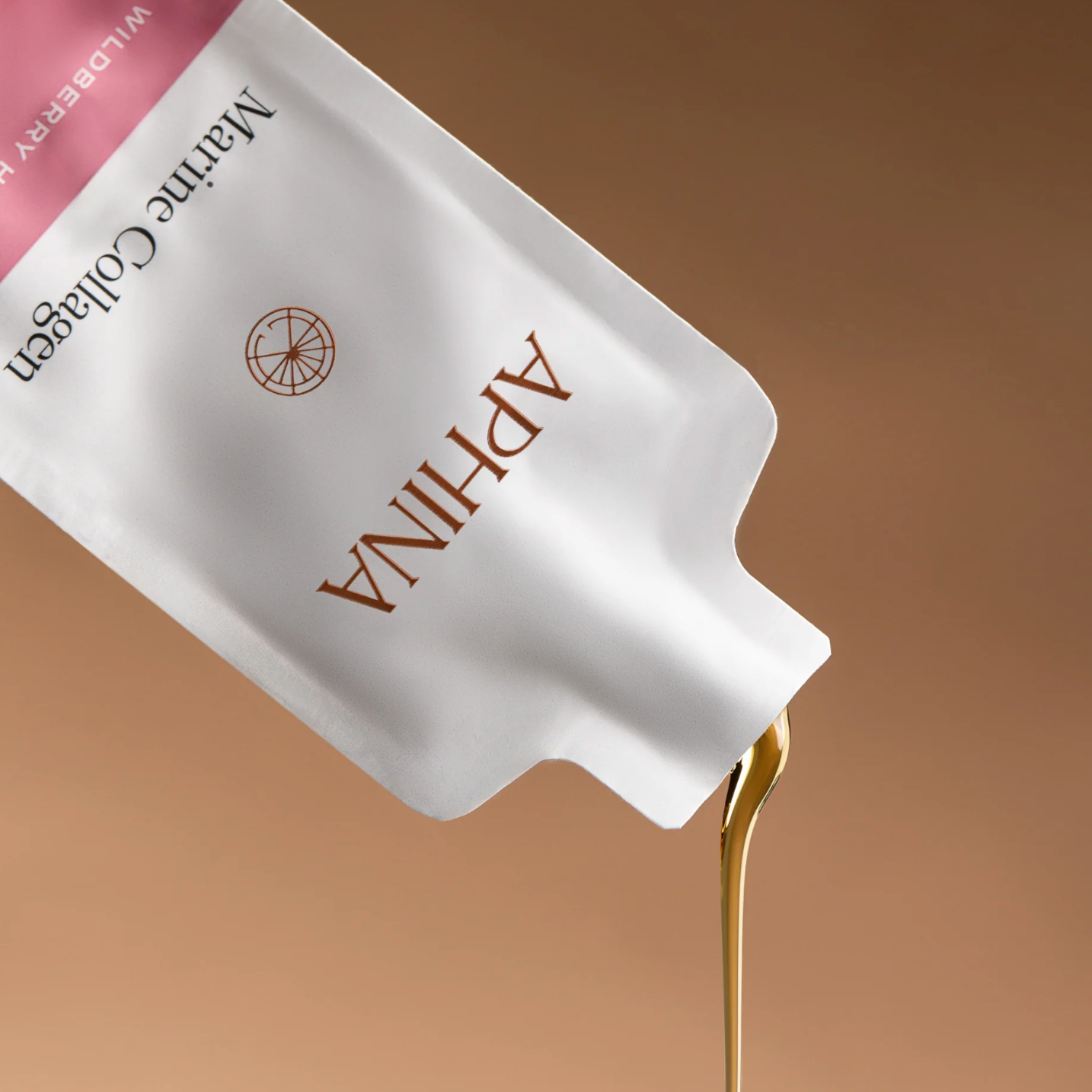We can all agree that a bath after a long day is a perfect way to unwind. Now, the question remains what should you incorporated into your bath routine to take it to the next level. Epsom salt to the rescue! This salt has numerous benefits and also easily accessible and budget friendly.
Epsom salts are a naturally occurring pure mineral compounds made of sulfate and magnesium. There are many extraordinary uses for Epsom salt, however it is most commonly added to a hot bath or foot soak where the salt penetrates into the skin to reduce stress, detox the body and even promote weight loss.
When Epsom salt is added to a hot bath, magnesium and sulfate are broken down and readily absorbed through the skin where they penetrate into the blood stream. Through a process called reverse osmosis, Epsom salt pulls harmful toxins out of the body through the skin and allows the magnesium and sulfates to enter.
No Tub? No Problem!
You can still receive the benefits and relaxation properties of Epsom salts through a foot bath. Using Epsom salt foot soaks regularly can improve athlete’s foot, toenail fungus, sprains, gout, muscle soreness and bruises. It may also be able to restore immunity as it pulls out harmful toxins from the body and reduces inflammation.
Your foot contains 26 bones, 33 joints and more than 120 ligaments, muscles and nerves. With so many opportunities to experience pain, it is no wonder that approximately 75 percent of people in the United States are plagued with foot pain.
A foot soak with Epsom salt pulls toxins from the body while reducing inflammation and body aches. If you suffer from painful bunions, corns and calluses, hammertoe, plantar fasciitis, flat feet or tarsal tunnel syndrome, consider taking a warm Epsom salt foot bath two or three times per week.
The More You Know...
It’s nothing like table salt
Epsom salt was named for a bitter saline spring at Epsom in Surrey, England. It is one of many naturally occurring mineral salts, a compound of magnesium and sulfate.
Epsom salt is good for the mind
Epsom salt helps stabilize mood and relieve stress, anxiety and depression. In fact, some researchers claim that taking magnesium increases serotonin (happiness or relaxation hormone) production in the brain.
Epsom salt is good for the body
Epsom salt helps relax muscles and relieve pain in the shoulders, neck, back and skull. For example, by relaxing the muscles surrounding the skull, the magnesium in Epsom salt may help release a headache or migraine.
Some researchers also think that magnesium is good for reducing inflammation in internal organs. This may help reduce the risk of cardiovascular disease and improve digestion/bowel movement. Integrative medical experts commonly recommend Epsom salt to patients with chronic fatigue syndrome and cold intolerance.
Epsom Salt is a great exfoliator
Because of their rough exterior, Epsom salts make excellent exfoliators. Combine Epsom salts with olive oil or jojoba oil and scrub on your face, hands or body. Rinse with warm water and you should experience softer skin, improved absorption of facial products afterwards, and removal of blackheads.

















Leave a comment
This site is protected by hCaptcha and the hCaptcha Privacy Policy and Terms of Service apply.